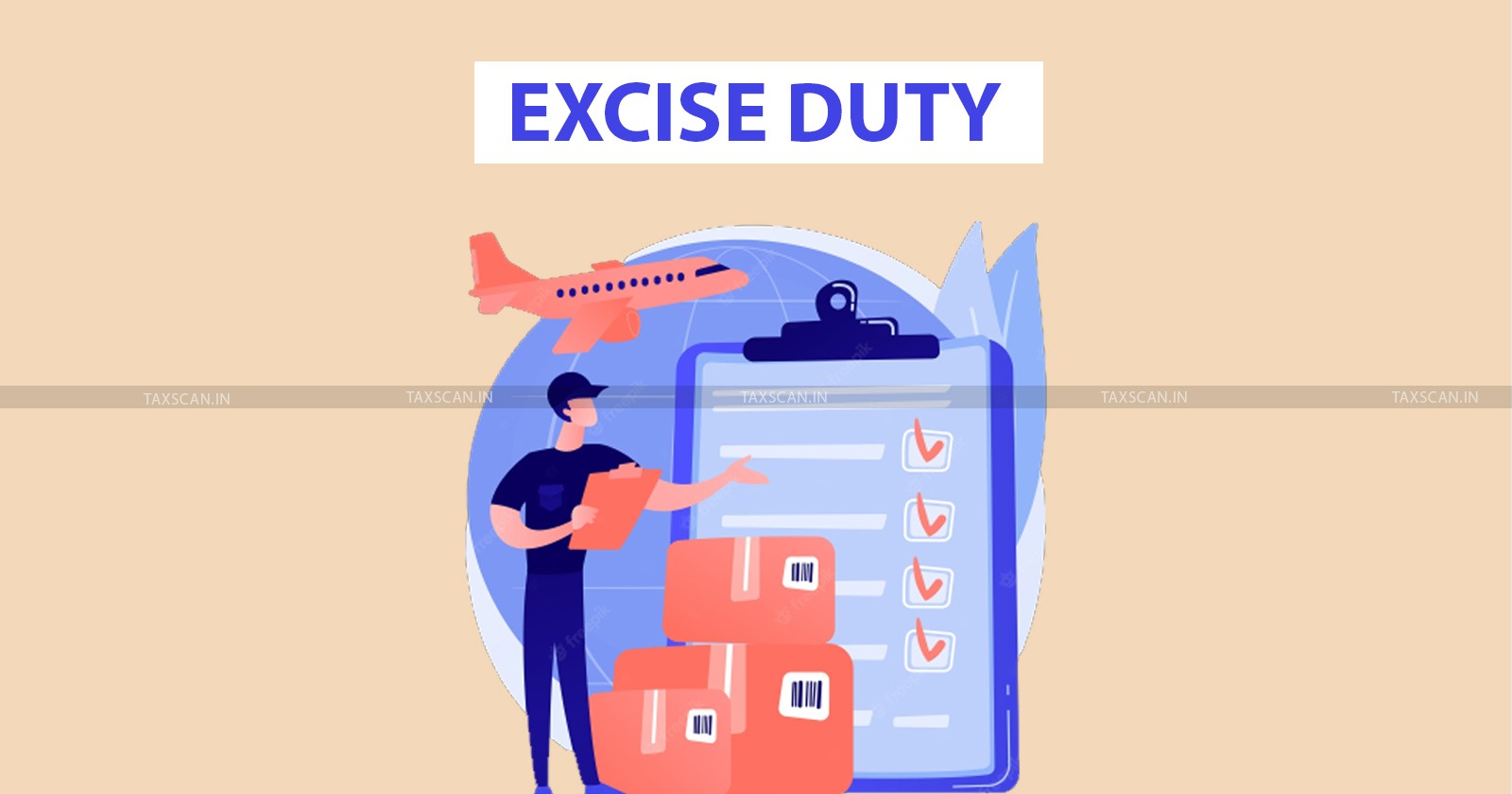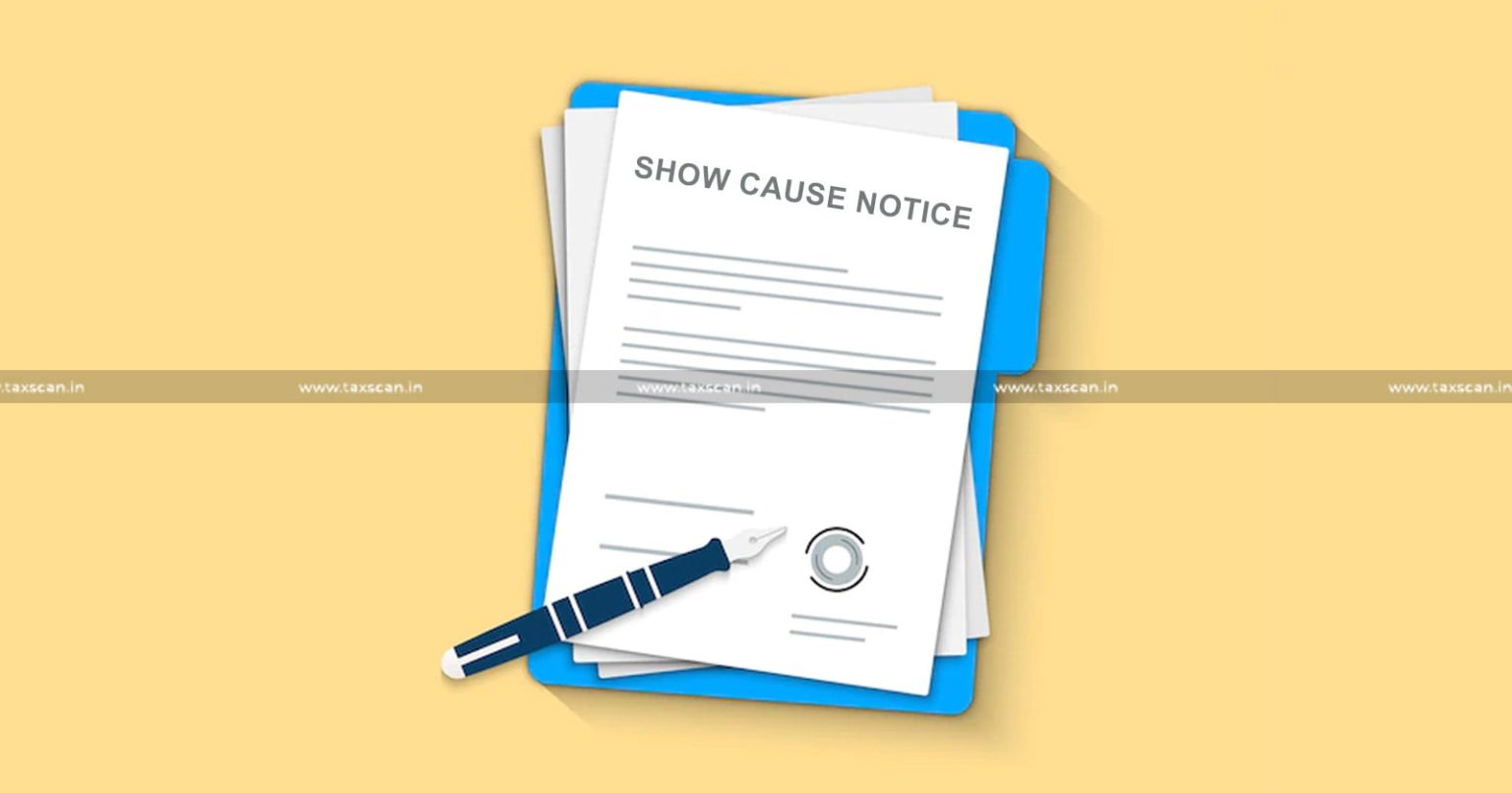Extended Limitation Period Not Invocable when Service Tax Demand Based on Differences in Audit Records: CESTAT [Read Order]
CESTAT ruled that extended limitation cannot be invoked when demand arises from figures in audited statements already with the Department.
![Extended Limitation Period Not Invocable when Service Tax Demand Based on Differences in Audit Records: CESTAT [Read Order] Extended Limitation Period Not Invocable when Service Tax Demand Based on Differences in Audit Records: CESTAT [Read Order]](https://images.taxscan.in/h-upload/2025/10/27/2100072-extended-limitaion-period-taxscan.webp)
The Kolkata Bench of the Customs, Excise and Service Tax Appellate Tribunal (CESTAT) recently held that the extended period of limitation under the Finance Act, 1994, cannot be invoked when the service tax demand is based solely on differences drawn from the assessee’s audited financial statements and statutory returns already available to the Department.
The appellant, M/s Nirman Construction, provides taxable services under the categories of “commercial or industrial construction service”, “management, maintenance or repair service” and “works contract service.”
 Also Read:Taxpayer Not Entitled to Refund of Excess Excise Duty in Absence of Provisional Assessment: CESTAT [Read Order]
Also Read:Taxpayer Not Entitled to Refund of Excess Excise Duty in Absence of Provisional Assessment: CESTAT [Read Order]
Nirman Construction was served a Show Cause Notice (SCN) dated August 9, 2010, alleging short payment of service tax for the years 2005–06 to 2008–09 on the basis of discrepancies noted between figures in the balance sheet and those reported in ST-3 returns.
Master the Latest Amendments in Income Tax Act Click here
The notice invoked the extended limitation period and proposed recovery of ₹14,12,07,294 along with interest and penalties under Sections 76 and 78 of the Finance Act, 1994. The demand was confirmed to the extent of ₹13,35,07,269 by the adjudicating authority, which was challenged before the CESTAT.
 Also Read:Department Barred from Reopening Settled Classification: CESTAT Upholds Claim for Exemption of Duty on Light Green Float Glass [Read Order]
Also Read:Department Barred from Reopening Settled Classification: CESTAT Upholds Claim for Exemption of Duty on Light Green Float Glass [Read Order]
Aditya Dutta, appearing for the appellant, submitted that it had been regularly registered and filing service tax returns for the relevant period and that the entire demand was derived only from the data contained in its own financial records and returns, all of which were available to the Department.
The appellant relied on earlier decisions in M/s Munna Construction v. Commissioner of Central Excise & Service Tax, Jamshedpur (2024) and M/s Arya Logistics v. Commissioner of Central Excise & Service Tax, Rajkot (2023) where it had been consistently held that extended limitation is not invocable when the demand is based on the assessee’s own data which had already been disclosed.
It was contended that since there was no suppression of facts or intent to evade tax and that the invocation of the extended period was unwarranted.
S.K. Dikshit represented the Revenue and submitted that the appellant had not furnished all relevant details in their S.T.-3 Returns and thus, the extended period of limitation has been rightly invoked against them for confirmation of the impugned demands in this case.
Know How to Investigate Books of Accounts and Other Documents, Click Here
The Tribunal Bench of Ashok Jindal (Judicial Member) and K. Anpazhakan (Technical Member) observed that the Revenue had issued the SCN purely on the basis of data that were available in the statutory records and that no new or suppressed information was brought forth by the Department.
The Kolkata Bench observed that the present case was governed by the same principle applied in M/s Bansal Electric Works v. Commissioner of Cus., C.Ex. & S.T., Noida (2017), where the Allahabad CESTAT had held that the extended period of limitation cannot be invoked in the absence of any evidence of wilful suppression or intent to evade tax.
Reaffirming that principle, the Tribunal held that when a service tax demand is derived entirely from figures already disclosed in audited financial statements and statutory returns submitted to the Department, such demand must necessarily be confined to the normal limitation period.
 Also Read:Vagueness of SCN in Customs Broker Licence Revocation: Delhi HC sets aside CESTAT order [Read Order]
Also Read:Vagueness of SCN in Customs Broker Licence Revocation: Delhi HC sets aside CESTAT order [Read Order]
Accordingly, the CESTAT Kolkata set aside the impugned order confirming the ₹13.35 crore service tax demand along with interest and penalties and allowed the appeal in favour of the assessee, granting consequential relief.
Support our journalism by subscribing to Taxscanpremium. Follow us on Telegram for quick updates


